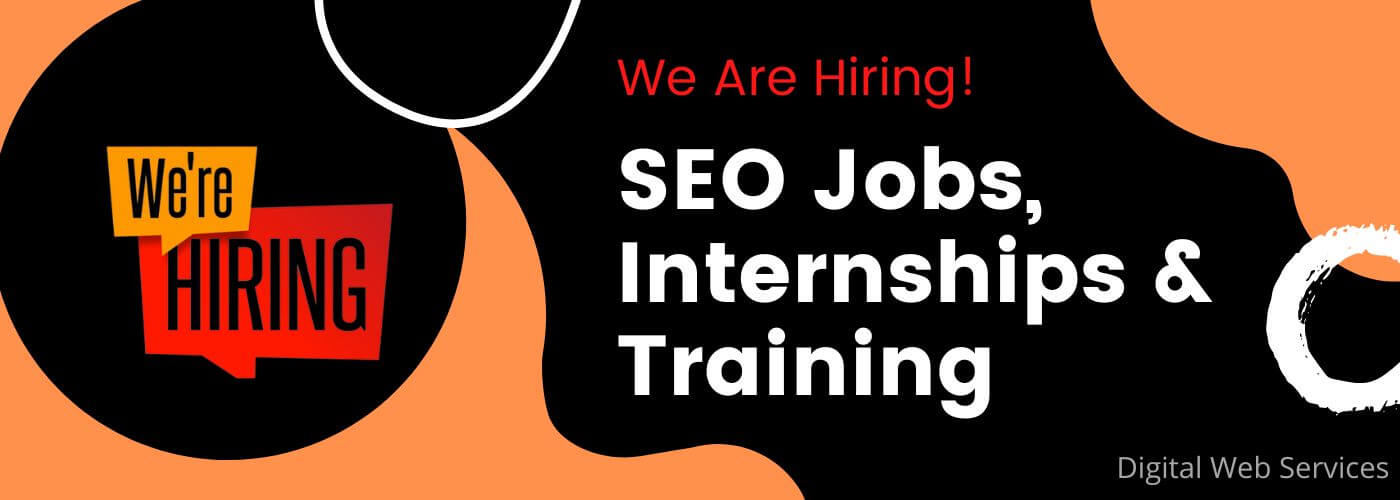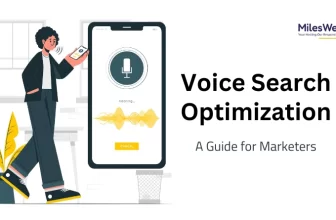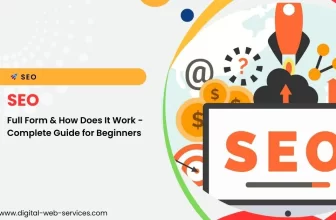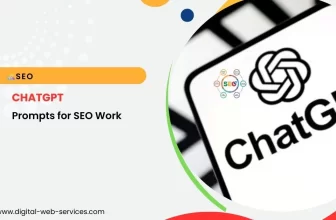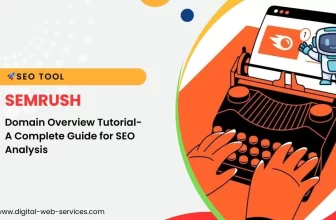
SEO INTERVIEW QUESTIONS AND ANSWERS 2025


Are you looking for a job in SEO (Search engine optimization) as your career growth? Here in this tutorial blog section, we are providing top and most asking SEO interview questions and answers for freshers or beginners who are interested in answering their SEO interview questions smartly.
SEO INTERVIEW QUESTIONS AND ANSWERS 2025
As the best SEO agency from the last 5+ years, we have great experience and a collection of SEO interview questions answers, which we are generally using for hiring SEO executive job profiles. We hope it will help you to crack your SEO interview in the first attempt.
BEST SEO INTERVIEW QUESTIONS AND ANSWERS FOR BEGINNERS
Q 1. What is SEO? Explain in Your Words.
Ans: SEO stands for search engine optimization, which is the best technique and strategy to optimize your website for search engines and improve your organic ranking or visibility with some specific keywords on the search engine result page (SERPs).
Q 2. What Types of SEO Are There?
Ans: There are 4 different types of SEO are using at this time:
(a) On-Page SEO (b) Off-Page SEO (c) Technical SEO (d) Local SEO
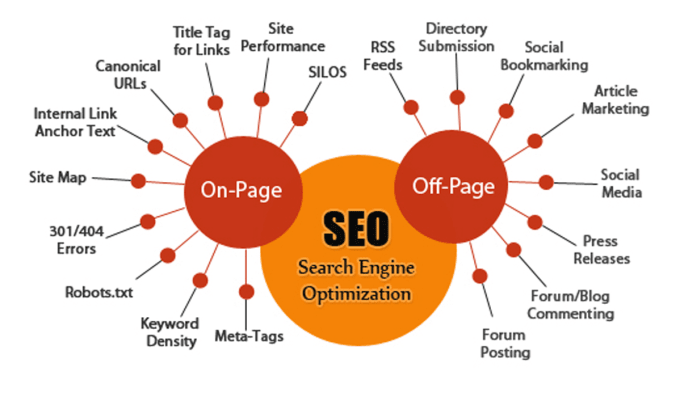
a) On-Page SEO: In On-Page SEO, all search engine optimization activities happen within the website according to webmaster guidelines. It includes the meta tags optimization process, Internal linking, Keyword research for website content, Website loading speed performance, sitemap, robots.txt, domain age, website authority, etc.
Know more about On-Page SEO techniques
b) Off-Page SEO: In Off-Page SEO, all search engine optimization activities don’t happen within the website directly. It follows the external backlinking process to improve the website’s authority and organic ranking on SERPs. It includes social bookmarking, classified submission, article posting, press release, guest blogging, directory submission, social media, forum posting, blog commenting, Web 2.0, profile creation, and answering questions.
(c) Technical SEO: This technical type of SEO helps to improve the crawling and indexing status of your website on the search engine result page. Today technical SEO is an important process for any website optimization and getting a good ranking on SERPs. It includes website speed optimization, website structure, making a website faster on mobile, etc.
(d) Local SEO: Local SEO is the best practice for optimizing a website for a specific local area. If you are running any local business, like a shop, restaurant, or small agency and want your website to rank for a certain specific location with some search queries then local SEO help you to target your local client or customers.
Here are some ways to Improve Your Local SEO:
- Create a Google My Business account and optimize it.
- Get regular reviews from your happy customers.
- Create a web page on a location basis on your website to get top ranking on SERPs.
Q 3. What Types of SEO Techniques Exist?
Ans: SEO techniques are divided into three types: (a) White Hat SEO (b) Black Hat SEO (c) Grey Hat SEO
a) White Hat SEO: In this process, we have to follow all the given guidelines of the search engine or webmaster to stable their organic ranking as long as possible on SERPs.
Note: As an SEO expert, here we recommend you use White Hat SEO for your stability long time on SERPs and avoid any spam work in search engine optimization.
b) Black Hat SEO: In this technique, we don’t consider and follow any guidelines of the webmaster to improve their SEO ranking on the search engine result page. It includes spam linking, keyword stuffing, hidden links, and link buying.
Note: Black hat SEO provides short-lasting growth in SEO keyword ranking.
c) Grey Hat SEO: This one is the combination of white hat SEO and black hat SEO. There are most SEO agencies using this technique to gain traffic and ranking in a short time. It includes Increasing keyword density, buying an expired domain, Creating PBN sites, Creating high-quality backlinks, and content updates in older content.
Q 4. What are Backlinks And their types?
Backlinking is the process of Off-Page SEO, wherein one website is linked with another external site this is called backlinks. It helps to increase your website’s domain authority and page ranking.
Basically, you can create backlinks with the following link building process:
- Guest Posting
- Directory submission
- Forum Posting
- Article Submission
- Web 2.0 blog creation
- Blog Commenting
- Profile Creation
- PDF/PPT submission
- Classified Ads posting sites
- Social Bookmarking
- Business Listing
- Video Submission
- Image Submission
Q 5. What Are The Difference Between DoFollow and NoFollow Backlinks?
Ans: DoFollow: This one is the best way to enhance website ranking and page ranking by getting a backlink from an external website. If you are getting backlinks with the attribute rel “dofollow” (by default every link is dofollow) then the search engine counts your site as a vote and transfers PageRank or link juice.

NoFollow: The search engine doesn’t pass any PageRank or link juice when your link type is no-follow. It’s can’t be helping your website for ranking improvement and page authority.

Q 6. What are the DA and PA In SEO?
Ans: DA is the domain authority of your website and PA is the page authority of the individual page of your site. It will indicate your website’s value and credibility on the search engine.
Some Important points About DA & PA Metric:
- DA PA is a search engine ranking score that was developed by Moz.
- DA PA measures your website score between 1 to 100.
- You can use the Moz checker extension to find your website DA and PA.
Q 7. What is a search engine?
Ans: The search engine is a software system that is mainly designed to search out information from the world wide web according to the user’s query.
Here is the name of some most popular search engines:
- Microsoft Bing
- Yahoo
- DuckDuckGO
- Baidu
- Yandex

Q 8. What is an Internal Link?
Ans: An internal link is a link in a web page that comes from another web page of the same website.
ADVANCED SEO INTERVIEW QUESTIONS AND ANSWERS
Q 1. What is XML Sitemap in SEO?
Ans: An XML sitemap is the collection of all essential links of your website, It will help the search engine crawler to be crawled your web page and index it on the search engine result page.
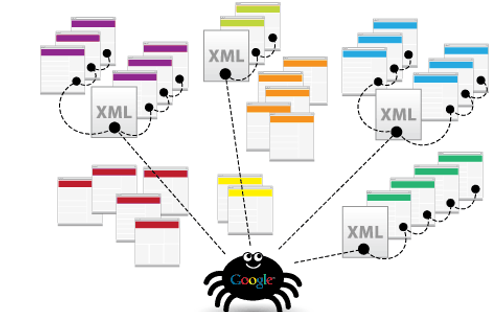
Benefits of an XML sitemap:
- XML sitemap tells the search crawler to index your website.
- XML sitemap tells the search crawler how often your content is updated.
- XML sitemap tells the search crawler how important your content is.
- XML sitemap tells the search crawler what kinds of information is available on your website.
Q 2. What is Robots.txt in SEO?
Ans: Robots.txt is a text file or protocol that tells the search engine crawler or web robots which page of your website to index and which one you don’t want to index on the search engine result page.

Q 3. What is a Canonical Tag and When Might It be Useful?
Ans: With your canonical tag (rel=” canonical”) you can tell the search engine crawler which specific page is important on your website. Suppose your website has two different types of pages, but both pages have the same content appearing, At that time you can use the canonical tag to avoid duplicates and tell web robots about your primary URL.
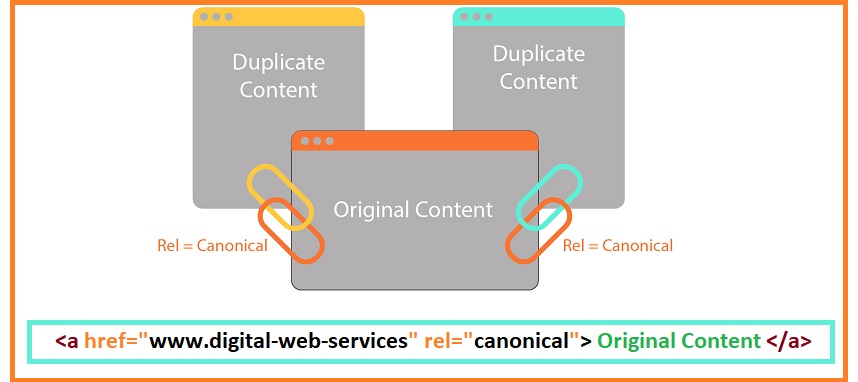
Q 4: What is the difference between 301 and 302 redirection types?
Ans: You can say redirection is the process of transferring your website visitor from one URL to another target URL.
- 301 redirection: It is used to permanently redirect your URL with 90-99% of link equity (ranking power).
- 302 redirection: It is used to temporarily redirect one page URL to another page URL, It will not transfer your SEO ranking value, because search engines know this is just a temporary redirect.
Q 5. What is Schema markup?
Ans: Schema markup is a type of microdata or HTML tag that provides important information like the name of the business, types of business, address, URL, and contact details to search engines. Using schema markup in any website can gain more visibility and ranking on search engine result pages.
Types of schema markup:
(a) Local business schema markup
(b) Organisation schema markup
(c) Breadcrumb schema markup
(d) Sitelink schema markup
(e) Product schema markup
(f) Review schema markup
Q 6. What are LSI Keywords?
Ans: LSI stands for “Latent Semantic Indexing”. It is a type of keyword in SEO, which is semantically related to the main or primary keyword. To make LSI keywords we can include synonyms, categories or other related keywords, for example- If the main keyword is “Digital marketing company” then you can use an Internet marketing company, SEO agency, best digital marketing company, etc as for LSI keywords. Basically, you can get LSI keyword ideas from the Google search by typing a particular phrase or word.
Q 7. What is Core Web Vitals?
Ans: Core web vitals is a ranking factor that helps webmasters and developers to understand how users experience a web page, based on real-world usage data.
To measure the Core Web Vitals Score of any website or web page, Google introduced a set of metrics (LCP, FID CLS) that scores the user experience on loading a webpage. These Core Web vitals metrics basically score how fast or quickly your web page content loads and responds.
Following are the 3 metrics of core web vitals:
(a) LCP (Largest Contentful Paint)
(b) FID (First Input Delay)
(c) CLS (Cumulative Layout Shift)
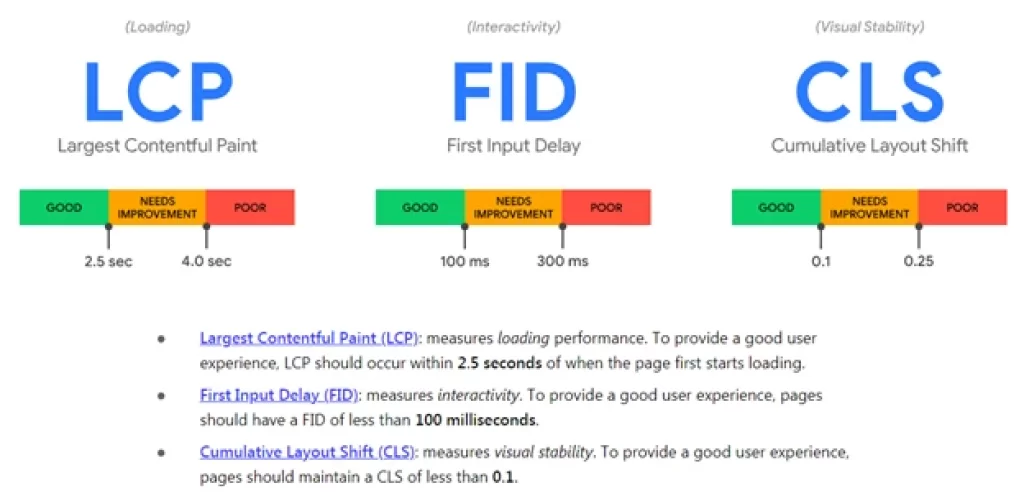
Q 8. How do you stay updated on the latest Google algorithm updates and how do you adapt your SEO strategy accordingly?
Ans: I regularly follow industry blogs like Search Engine Land, Moz, and Google Search Central for the latest Google algorithm updates and announcements.
I also monitor website performance after finding major algorithm updates to see any significant changes in keyword rankings or website traffic. Based on the observed impact, I can then adjust my strategy by focusing on newly emphasized ranking factors.
Q 10. Explain the concept of Core Web Vitals
Ans: Core Web Vitals are a set of metrics that Google uses to measure a website’s user experience and web page speed. They focus on aspects like:
- Load speed: How quickly a webpage loads content.
- Interactivity: How responsive the page is to user interaction (clicks, scrolling).
- Visual stability: How elements on the page avoid unexpected shifts during loading.
A fast and stable website with smooth interaction provides a better user experience, which can also be a positive for your website SEO.
QUESTIONS ABOUT GOOGLE ALGORITHMS UPDATE
Q 1. Which are the top Google algorithm updates?
Ans: Here are some already confirmed Google algorithm updates listed:
✔︎Panda Update (Released in February 2011) – It Impacted the thin or poor quality content.
✔︎Penguin Update (Released in April 2011) – It Impacted the poor quality of links or spam links.
✔︎Hummingbird Update (Released in September 2013) – It impacted the search query, and focus on understanding the actual meaning of the search query.
✔︎RankBrain (Released in October 2015) – RankBrain is a machine learning (AI) algorithm that provides the most relevant results to search engine queries for the audience. To handle the RankBrain algorithm, we need to create more relevant content according to the topic and keywords must be user intent.
✔︎Mobile-First index (2019) – Mobile-first indexing where Google primarily uses the mobile version of the content or website for the first indexing and ranking on search engines.
✔︎Page Experience Update (June 2021) –The Page experience update is the purpose to understand how a user will perceive the experience of a specific web page. To handle this update, we need to ensure that our web page loads quickly for the users, the website has HTTPS enabled, etc.
Q2. What is a Broad core algorithm update?
Ans: The broad core algorithm update affects a large number of indexed web pages on search engines. The main purpose of Core updates is to improve the quality and relevance of Google’s search results (improve Google’s query results) by changing the search rankings of web pages.
Q3. What is the Google BERT algorithm?
Ans: BERT stands for Bidirectional Encoder Representations from Transformers. Google BERT algorithm update mainly affects search queries and helps Google understand natural language or what the searcher is looking for. It also helps the search engines to understand the long-tail queries.
Q4. What is the Google E-A-T algorithm?
Ans: E-A-T stands for Expertise, Authoritativeness, and Trustworthiness. According to the E-A-T algorithm update, google evaluates any web page content according to the author’s expertise, content authority, and author & content Trustworthiness.
Q5. What is Google Helpful Content Update?
Ans: The Helpful Content update is one of the search engine algorithm updates confirmed by Google, which was announced on 18 August 2023 and started rolling out on 25 August 2023 for the next two weeks. This is a sitewide algorithm, so this update has affected the entire website. If you want to protect your site from this helpful content update then you should always make people-first-connect which is helpful to your audience and also have a good user experience.
👉To Know More About the Latest Google Algorithm Update, You Can Visit Here…
QUESTIONS ABOUT SEO TOOLS
Q1. What is Google Analytics 4
Ans: Google Analytics 4 is also known as GA4, which is the newest version of Google’s analytics platform or Analytics Universal. In October 2020, Google introduced GA4 and In July 2023 UA is going to switch to GA4. GA4 has also implemented some extra privacy features to ensure compliance with GDPR.
GA4 provides advanced insights and predictive analytics of user behavior or interaction by leveraging AI and machine learning.
Note: Please stay tuned to this post for further updates, here we will share more SEO interview questions and answers in 2025.
WE ARE HIRING!
No Fields Found.
Have Questions?
Digital Web Services (DWS) is a leading IT company specializing in Software Development, Web Application Development, Website Designing, and Digital Marketing. Here are providing all kinds of services and solutions for the digital transformation of any business and website.


